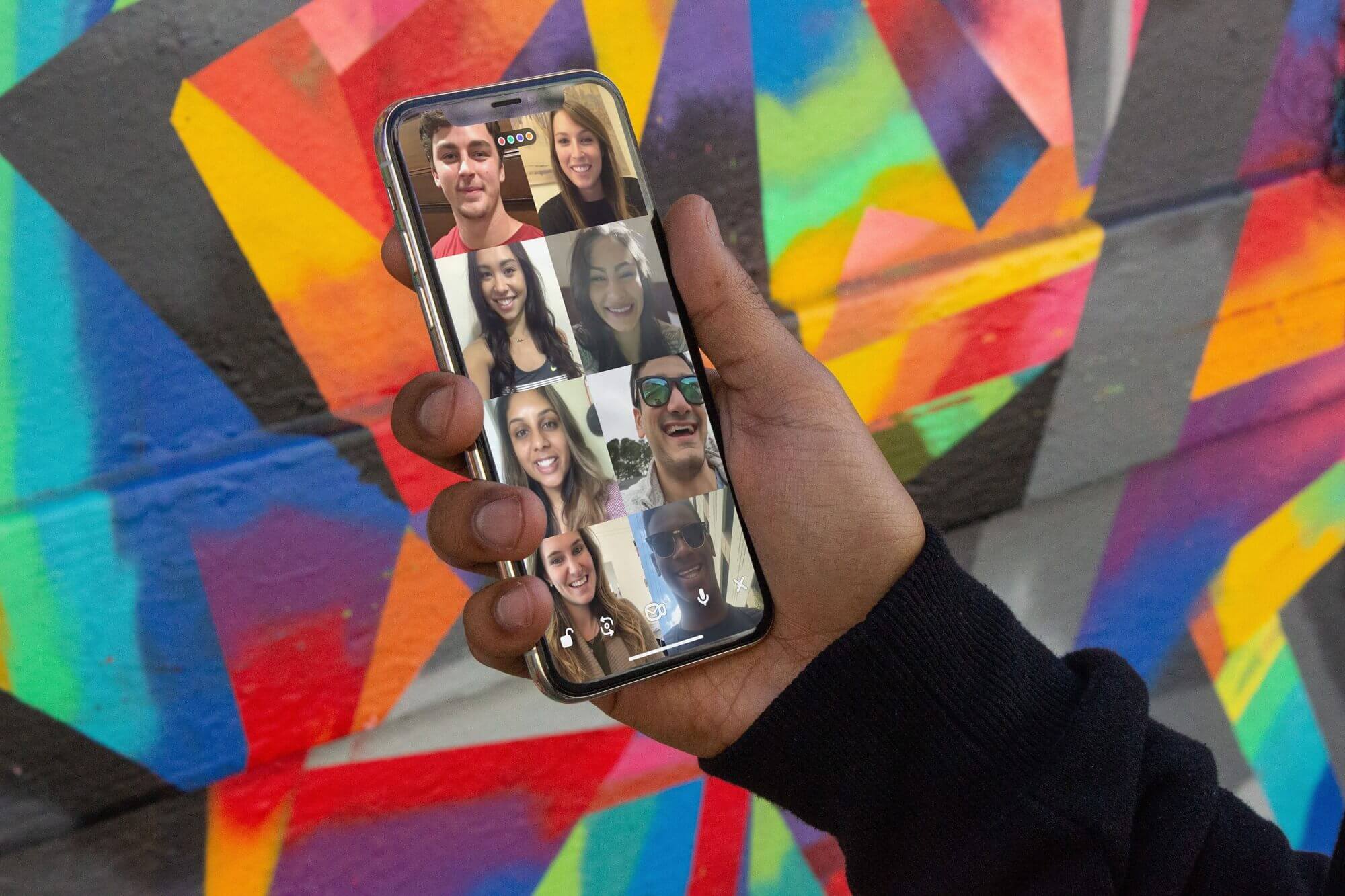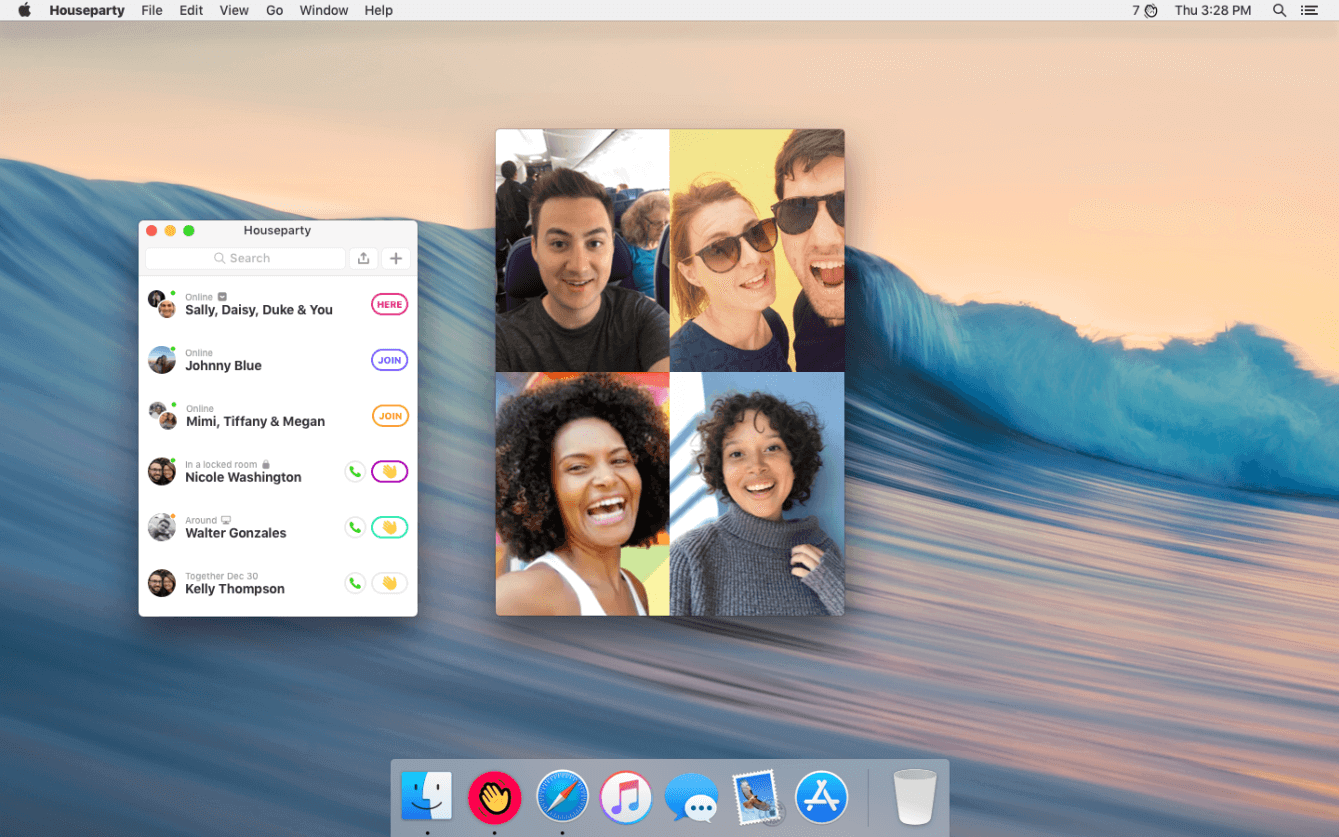The big picture: Apps like Zoom and Houseparty have exploded in popularity over the past month as Covid-19 stay-at-home mitigation efforts sweep the globe. The real question, however, is what's going to happen to these apps when life goes back to normal.

Houseparty, for example, realized 50 million new signups over the past month – a jump of around 70x its normal usage in some markets according to co-founder and CEO Sima Sistani. In Apple’s US App Store, Houseparty has been the most-downloaded app in the social networking category every day since March 20. Over Easter weekend, it was the second-most downloaded app in any category (Zoom took the top spot).
Houseparty may be a new name for many but in actuality, it’s been around for quite some time.

The app traces its roots back to Life on Air, the developer that launched livestreaming app Meerkat in early 2015. Realizing that private chat sessions were the future, the team started work on what would eventually become Houseparty and launched it the following year.
Momentum picked up in subsequent years and in mid-2019, Epic Games came knocking. The Fortnite dev scooped up Life on Air and Houseparty for an undisclosed sum; the social networking app has been operating as a subsidiary of Epic ever since.
Houseparty and other apps like it are riding a massive high right now but the real question is, what’s going to happen to these apps when people go back to work and school. “Being in person with someone is still better than anything that we can provide,” Sistani said. At the very least, Sistani hopes that Houseparty could “have a role in that new more connected, empathetic future.”
https://www.techspot.com/news/84837-houseparty-added-50-million-new-users-past-month.html